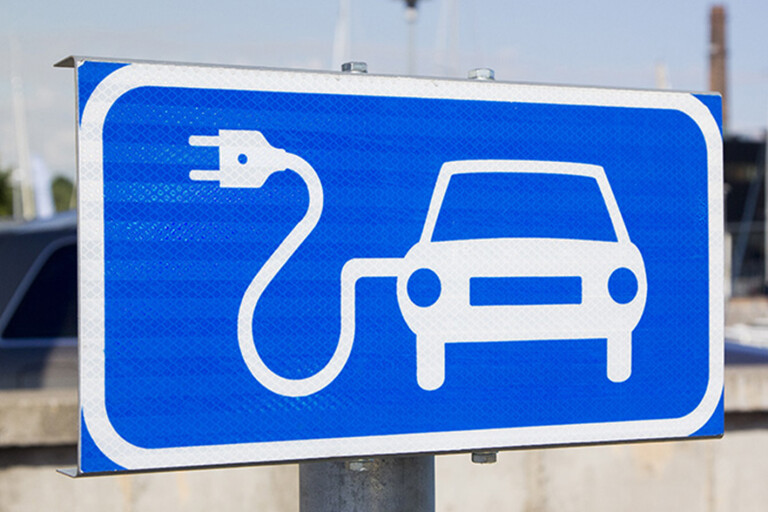
Could it be that taxes rather than incentives will motivate electric car ownership?
In the UK, Oxford city is soon to begin trialling a Zero Emission Zone (ZEZ) that will see fees applied to combustion engine vehicles entering the area – some equivalent to almost $20 per day.
The fee, which changes depending on the Euro-emissions standard of the car, includes hybrids – which are mostly motivated by a traditional combustion engine.

There have already been calls in Australia for similar schemes to be set up, with The Grattan Institute's transport and cities program director, Marion Terrill in 2020 suggesting that Melbourne introduce 'ultra low emission zones' around Southbank, Queen Victoria Market, and Docklands in Melbourne.
While initially restricted to only a small number of streets around Oxford's centre, the plan is that the ZEZ will expand to cover most of the city and that fees will also go higher.
The upshot for pure-electric vehicle owners is that they will not have to pay any fees for driving and parking in the ZEZ, although there are discounts for residents and some groups of people. But even those with a plug-in hybrid, some of which can drive on electricity alone for around 100 kilometres, will pay a tax.

Set to start on February 28, the ZEZ will be enforced between 7am to 7pm every day of the year. Fees are based on the registered vehicle's driveline.
Pure electric cars are free to use the ZEZ; while hybrids emitting less than 75g/km CO2, such as the Mitsubishi Outlander PHEV but not the Toyota Camry Hybrid, would pay around the equivalent of $3.80 per day. Cars with a Euro 4 certified petrol and Euro 6 diesel engine pay $7.60 per day; and any vehicle with an engine before that will be given a fee of $19 per day.
While almost $20 per day might sting a little, there are some waivers and discounts: residents and business owners get 90 per cent off, healthcare workers are allowed exemptions, students 'in financial hardship' can get through for free, and hire cars are given a 50 per cent discount.

The idea of emissions zones in Australia is fledgling, but in Europe and the UK there are many and the push coincides with government mandates that are forcing new vehicle sales from the turn of the decade to be electrified and meet very strict emissions standards.
The Australian Government is yet to make such a commitment, leaving the market here in limbo and currently free of such regulated pressure.
COMMENTS